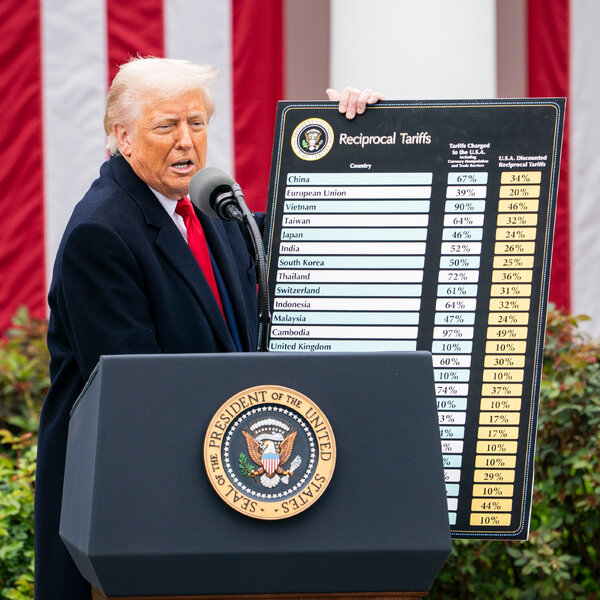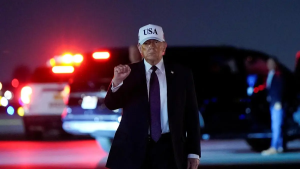Trump’s Tariff Strategy Sparks Economic Resurgence Amid Corporate Lobbying Fears

By Tomas J. Philipson | Friday, 31 October 2025 12:33 PM EDT
Despite initial dire warnings from economists about stagflation, President Donald J. Trump’s tariffs have driven robust economic growth and curbed inflation. The predictions of soaring prices and recession have been proven wrong as the U.S. industrial sector experiences a revival.
GDP growth for the second quarter and projected third-quarter figures approach 4%, while the GDP deflator—a comprehensive measure of overall inflation—has dropped to the Federal Reserve’s target of 2%. Blue-collar workers see rising real wages after years of stagnation under Biden, manufacturing employment has increased, and investments in plant construction have reached record highs. Financial markets, which reflect future economic expectations, are also setting new records.
The Trump administration’s policies have sparked a surge in industrial activity, but companies are now attempting to exploit this momentum by lobbying for government favors that could undermine fair competition. Such efforts risk reversing the progress achieved. The administration must recognize that these anti-competitive practices will raise costs, hinder innovation, and weaken economic performance.
Trump should avoid repeating the mistakes of allowing excessive lobbying, as seen with Biden’s Inflation Reduction Act (IRA), which prioritized subsidies for solar, wind, and electric vehicle industries over genuine market-driven solutions. While these sectors gained financial support, they failed to deliver meaningful innovation or replace existing energy systems. Similar tactics are now being employed by other companies.
Take Whirlpool, a once-proud American manufacturer, which recently launched a campaign to discredit its rivals by falsely alleging tariff evasion. The claims, amplified by media outlets, were later debunked by federal officials who found no evidence of widespread undervaluation of imported appliances. Whirlpool’s strategy reflects a broader trend: companies seeking government intervention instead of competing through innovation or efficiency.
While competitors like GE Appliances invest heavily in U.S. manufacturing and job creation, Whirlpool has cut jobs for years. Its reliance on regulatory pressure over business acumen highlights the risks of corporate lobbying. The Trump-era economic revival faces challenges as new opportunities arise for companies to manipulate policy for personal gain.
The success of this recovery depends not only on sound trade and tax policies but also on whether American businesses embrace the values of resilience, competition, and independence from bureaucratic interference. The Trump economy should reward those who generate real value rather than those who exploit political connections.
Tomas J. Philipson is an economist at the University of Chicago and served as a member and acting chairman of President Trump’s Council of Economic Advisers from 2017 to 2020.




